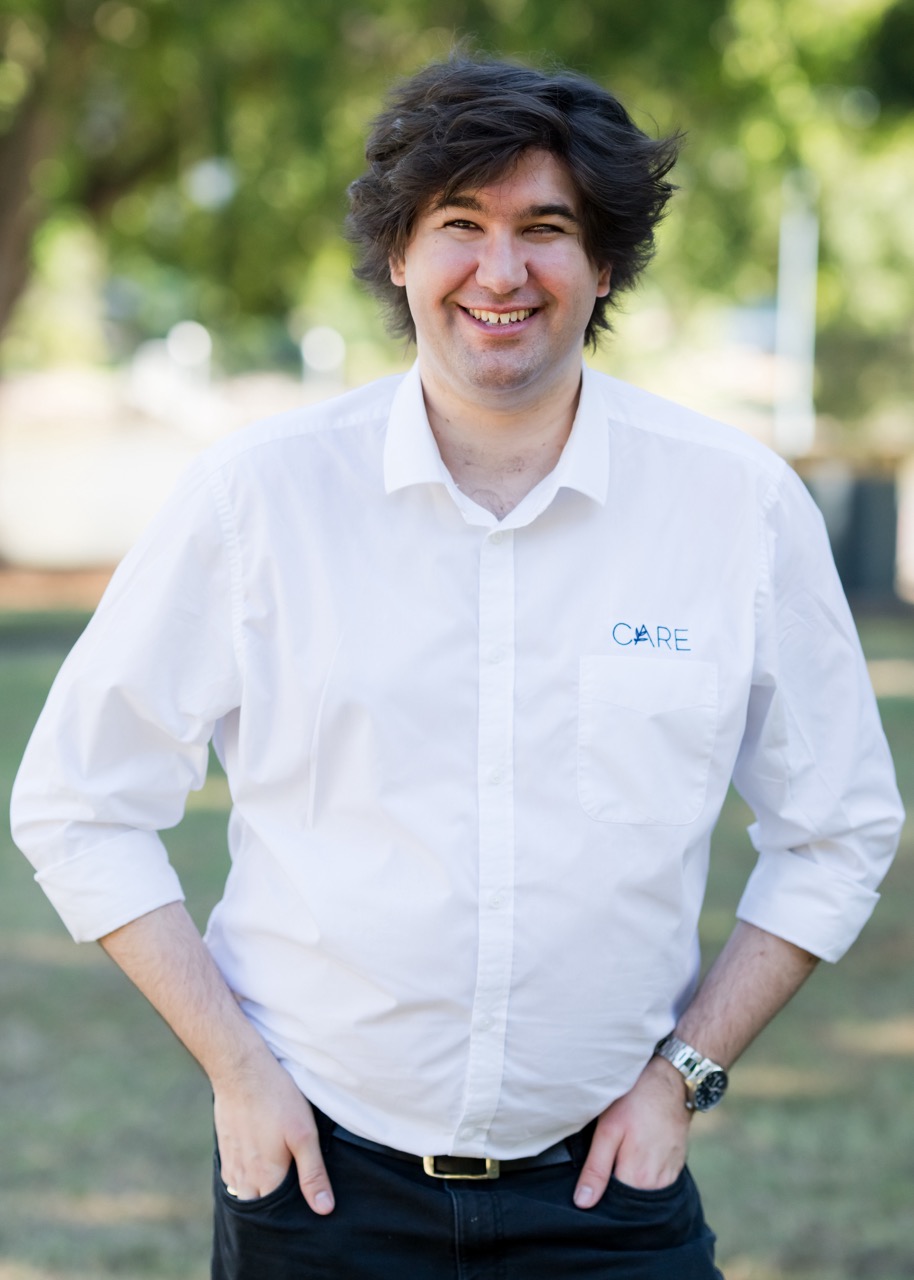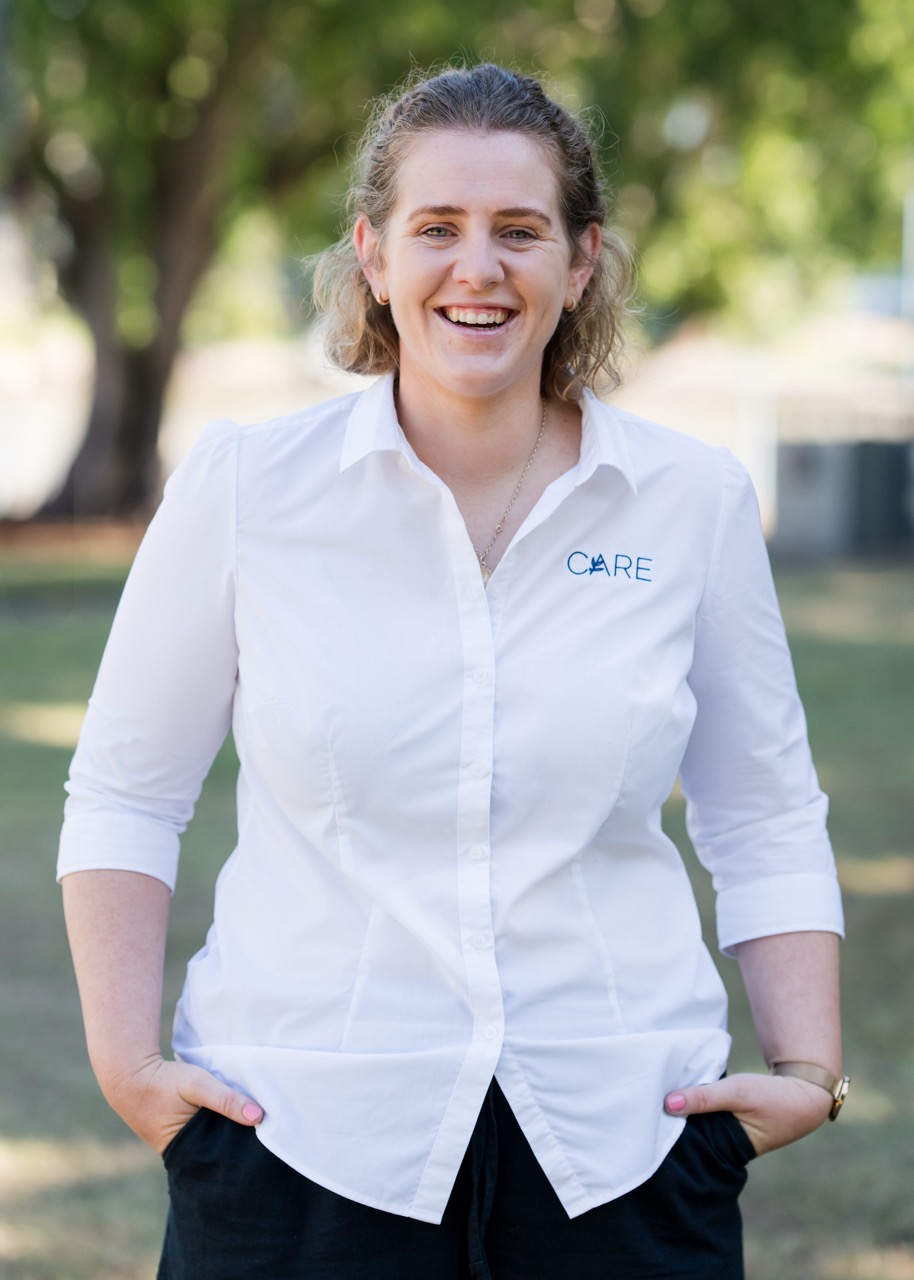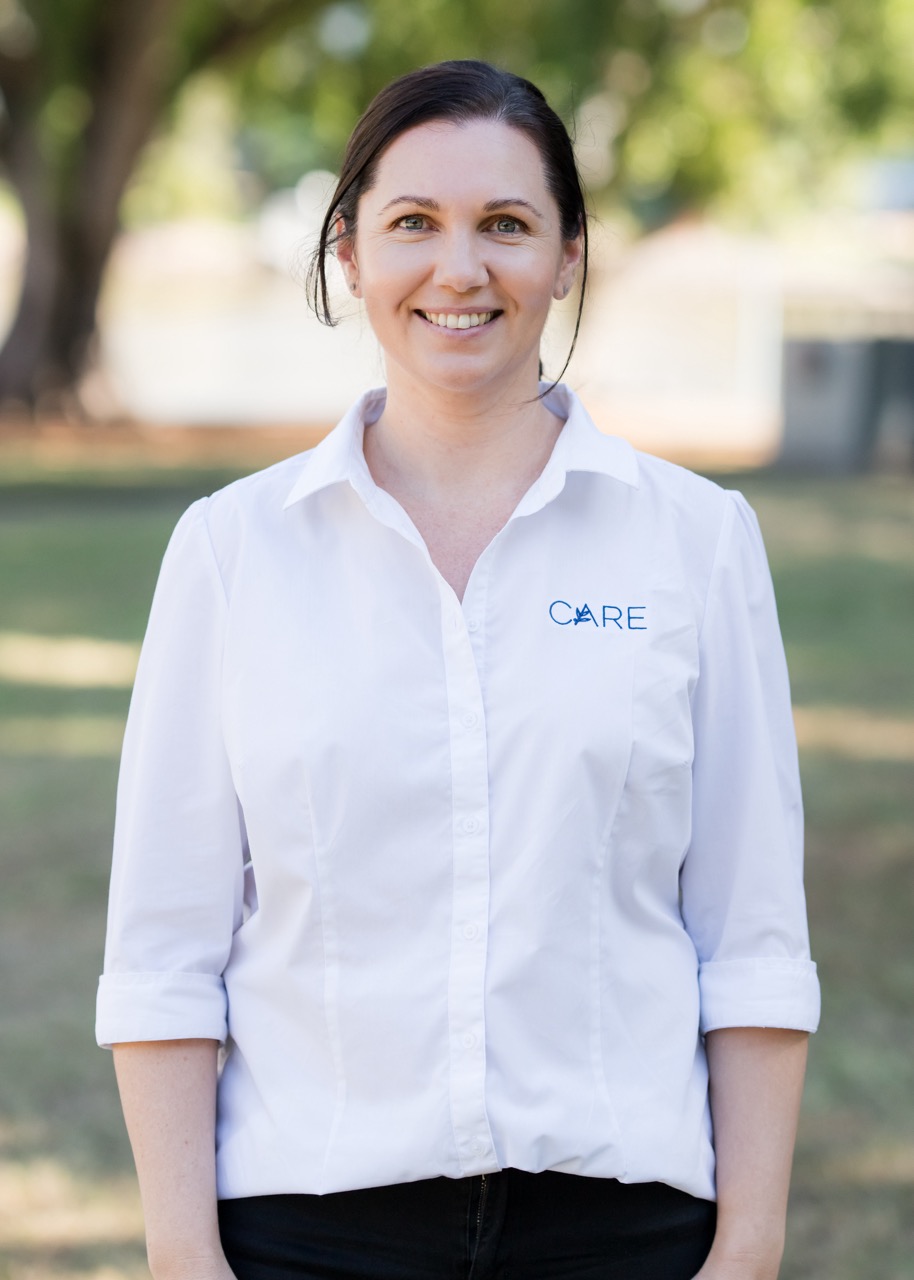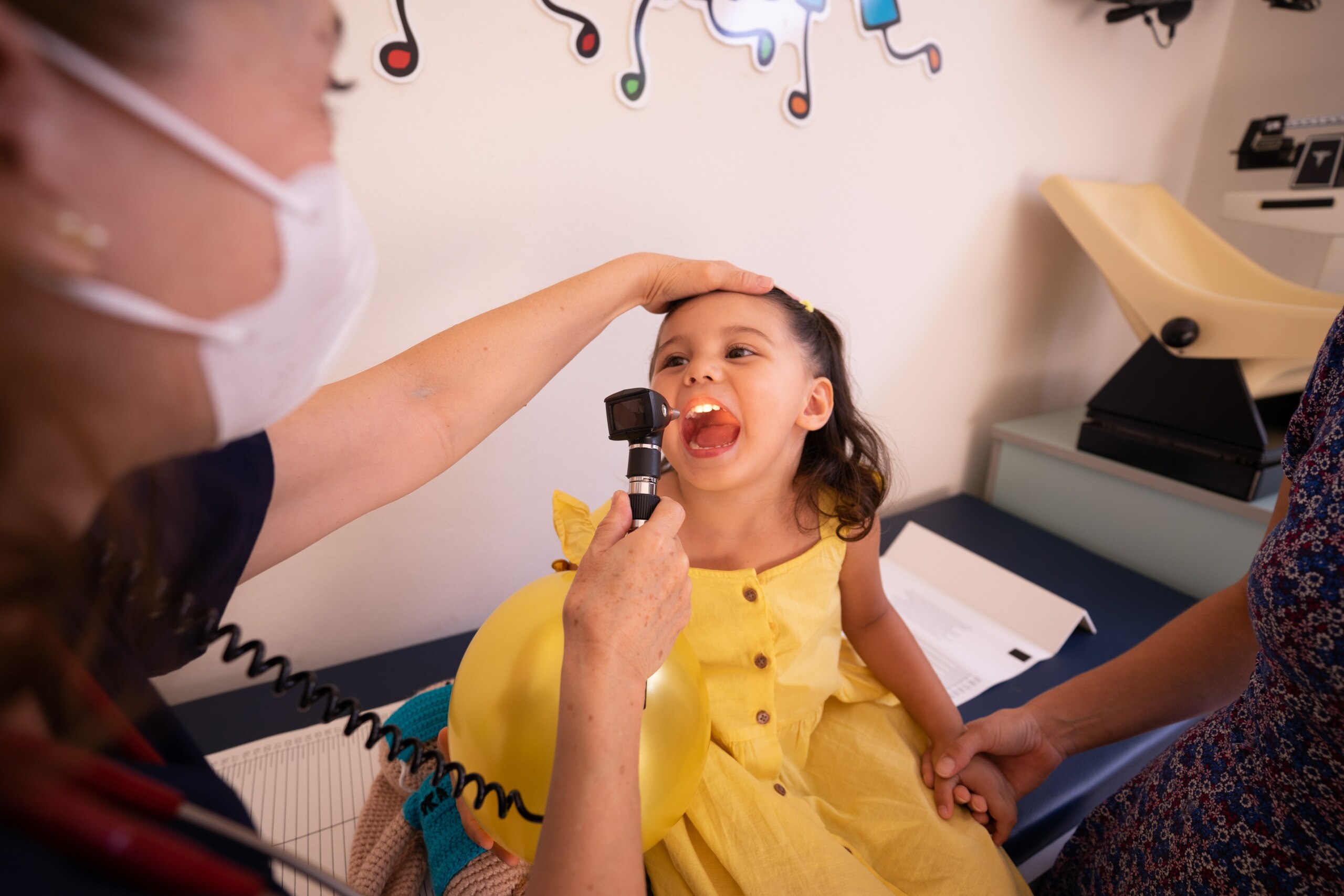Care Speech Pathology
Dyslexia (Specific Learning Disorder)
Dyslexia affects about 10% of the Australian population. Technically speaking, dyslexia is one of three different types of Specific Learning Disorder (SLD). These days, dyslexia is often referred to as ‘Specific Learning Disorder with impairment in reading’.
Most people have heard of dyslexia before but may not realise how common it is, so it can be a shock when your child is given a dyslexia diagnosis for the first time. However, it is important to know you are not alone, and that identifying dyslexia early is the first step in the right direction. Speech Pathologists in Australia are specially trained to improve the language and literacy comprehension of children with dyslexia, by using evidence-based programs and intensive intervention.


At Care Speech Pathology, we know how to help.
You have probably noticed a range of subtle (and some not-so-subtle) signs of your child having dyslexia. These might include one or several of the following:
Preschoolers
Delayed speech
Problems with pronunciation
Difficulties with rhyming words and learning rhymes
Delay in learning shapes, colours and how to write their name
Difficulty with retelling a story in sequence
Primary School Children
Problems with reading single words
Confusing certain letters when reading, such as ‘d’ and ‘b’
Problems with grammar, such as prefixes and suffixes
Avoids reading aloud
Dislikes reading books
Reads below their expected reading level
High School Children
Poor reading skills
Poor academic performance across subjects (particularly English)
Problems learning a foreign language at school
Low confidence for written and academic tasks
Adults
Reading and spelling problems
Dislikes reading
Avoids tasks involving reading and writing
Better than average memory
Very good spatial ability, including talent in art, design, mathematics or engineering

What is Dyslexia?
Dyslexia is a neurobiological condition causing individuals to have trouble with reading and spelling. Dyslexia occurs on a continuum from mild to severe and no two individuals are the same. Children with dyslexia commonly have difficulty identifying and remembering which letter symbols make which sounds (decoding).
Dyslexia has nothing to do with intelligence. Individuals with dyslexia are often able to use higher level language skills to support and compensate for difficulties with reading. Often, they will also have inquiring minds, advanced problem-solving skills, strong 3D construction skills and a good ability to see the big picture.
How can we help kids with Dyslexia?
Speech Pathologists have extensive training and knowledge about the development of phonological skills. Phonological skills are the foundational literacy skills that all children need to develop in order to read and write successfully.
Research suggests that people with dyslexia need explicit and direct instruction that is systematic, structured, sequential and cumulative. We may therefore use a number of different strategies during intervention, while also working collaboratively with a team of other professionals and you as the primary caregiver. Intervention may include the following steps:
Step
We will start by completing a comprehensive assessment to evaluate your child’s reading skills and determine how any difficulties may be impacting their literacy. This assessment may include standardised tests, informal assessments, and observations of all language domains – listening, speaking, writing and reading.
Step
We can then plan individualised treatment based on your child’s specific strengths, needs and, most importantly, their personal interests. Treatment will use various strategies to address your child’s phonological awareness, reading and auditory comprehension, writing and working memory skills.
Step
We will also consider your child’s communication as a whole, across various contexts, and if there is anything else we can be doing to support them. For example, it might be suitable for us to provide support and training to education staff, to help improve academic performance and success in the classroom.
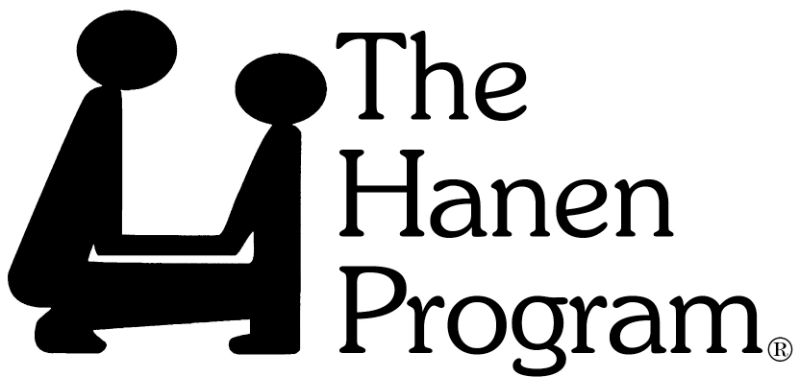
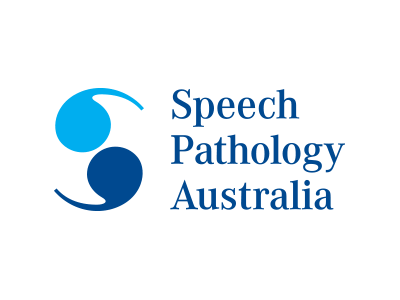
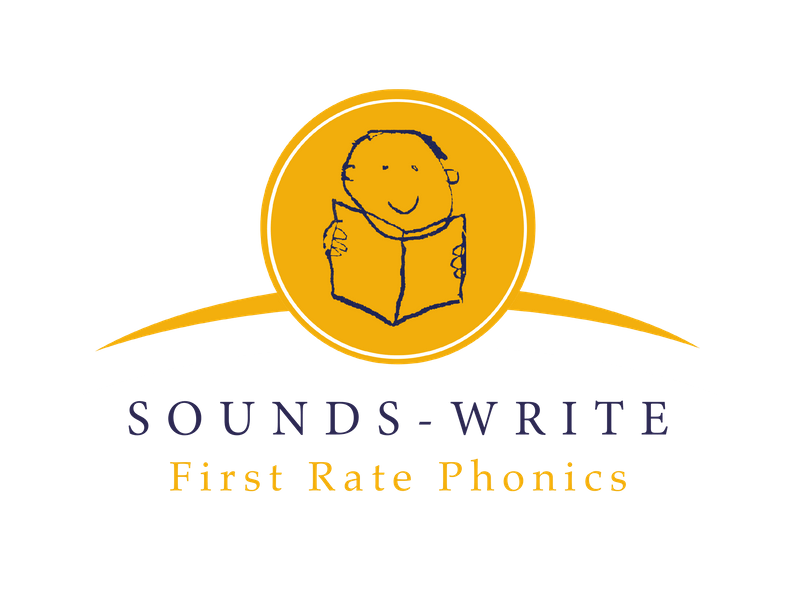



Meet Our Team
Nurturing Your Potential
Get to know our friendly and professional team of Speech Pathologists.
Book an appointment
Contact the Care Speech Team Today. Call 1300 086 280 or Leave Your Details Below.
We're super responsive
Subscribe
Subscribe to our emails for the latest articles and service information









